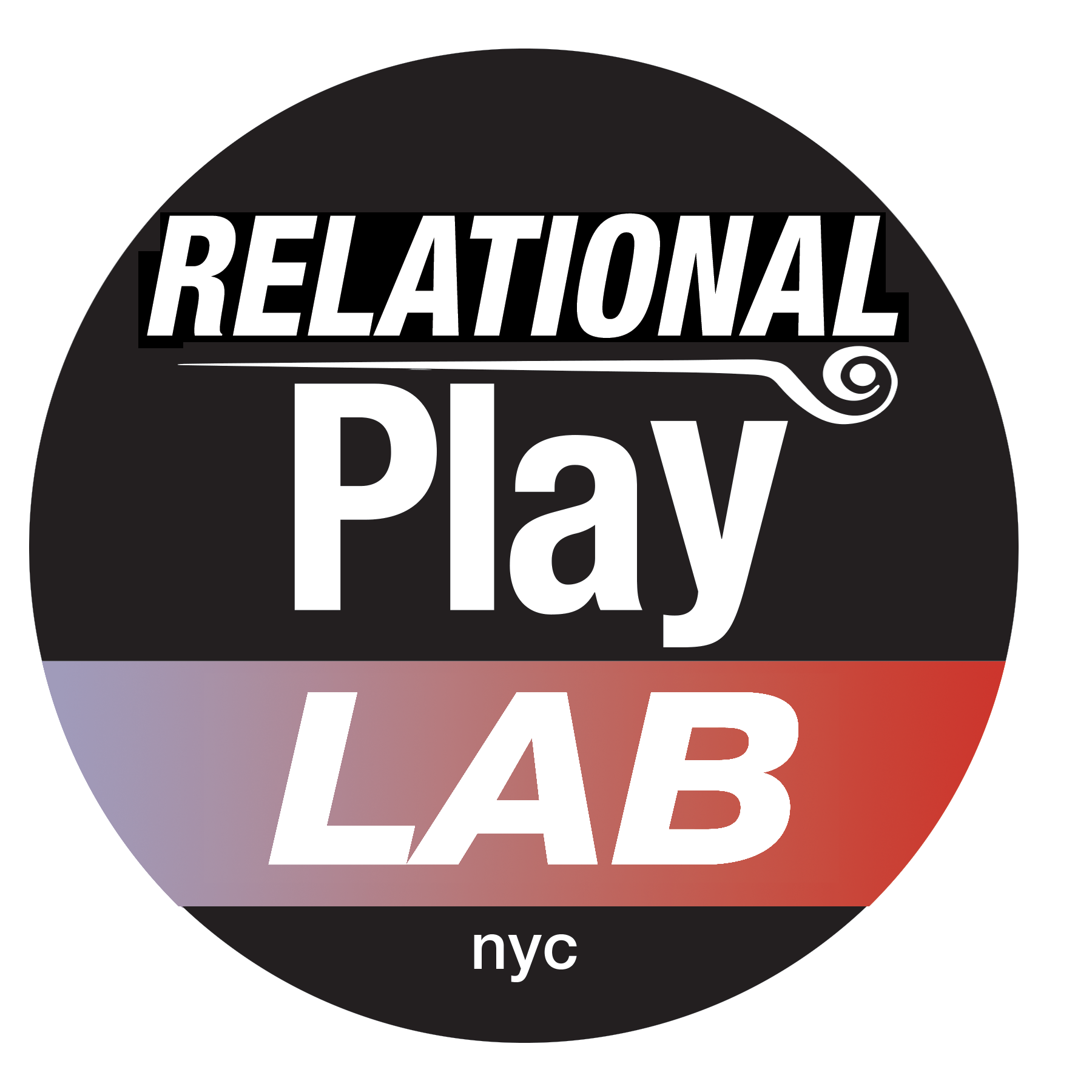Goal: There are two-fold goals for this project:
- To increase equitable practices in teaching-learning using the innovative methodologies of design thinking and systems thinking by designing an applied course in relational intelligence.
- To help students increase their relational intelligence, i.e.
- Orienting towards relationships as the unit of analysis & praxis (reflexive action)
- Learning the art of relating and creative collaboration
- Practicing the art of play/improvisation–trial and error within the process of co-creation
- Designing how to be with uncertainty and the emergent as a resourceful practice (rather than be controlling)
The goal is to make visible the relational process of co-creating more successful interpersonal relationships in both one’s personal and professional lives.
Context: This project is partially based on Burnett and Evans’s book, “Designing your Life,” which materialized from their course, one of the most popular electives offered, at Stanford. As I searched for courses that oriented us to designing our lives, I often found the emphasis to often be on self (stemming from individualism). And, relationality often was either limited to family and context as an adjunct or as a node. But they lacked the emphasis on how in the process of relating do we construct ourselves, our practices and the world around us? How designing of our life happens in the design of our relationships. How we relate to the people, objects, and environment around us shapes us and in turn, we shape them. How do we create a context for such sensibility?
How do we foreground such sensibility which is already present in some of the cultures from which our students come from? How do we as educators not make the relational process invisible in the process of promoting the student’s “independence?”
Purpose and Need: This project aims to increase access to success for our first-generation college students. Such students, as pathfinders, often might have limited access to intergenerational educational resources that help them design more successful lives at the intersection of their personal and professional pathways. They might lack resources or methodologies on how to mindfully engage their social networks for educational and professional success. This can create obstacles to achieving their college success. However, they are not assumed to be lacking in capacity to leverage networks in general, because it might be a familiar cultural or familial resource–a source of why they are in college today–but it might be invisible. Moreover, some of their greatest resources, in the form of their family, culture, and context, go unrecognized due to the dominant system where they may feel foreign or marginalized. So how might we create a learning context to help the transferability of their latent capacities and to enhance it in their educational and professional life?
Our student training in relational intelligence should not be a haphazard by-product of other courses. We need a course that focuses on methodologies and research to grow their relational intelligence. This course is designed to help students develop a systems mindset. They will learn to use design thinking (DT) methodology to co-create more successful interpersonal relationships in their life. They will learn DT’s innovative methodology for problem solving that can be applied to all aspects of their lives as life-long learners. Further, the course aims at helping students locate their life within a web of relationships using systems thinking to help them make decisions from within their rich cultural, contextual, and relational perspective.
Innovation: Design Thinking (DT) is a fast-growing transdisciplinary creative problem-solving approach which I have successfully adapted to teaching and learning, community engagement, and research. The course emphasizes the application of creativity, empathy and design principles to target challenges faced by students in their interpersonal lives in the process of designing their lives, specifically as applicable to their learning. The students will learn the methodology of DT by applying it to their own lives and thus, learning creative problem-solving strategies. This course is focused on “learning by doing” and has a built-in personal growth potential along with professional development skills that equip them for their career.
We often approach students from an individualist viewpoint which fails to acknowledge their histories, context, and families. This course redesign will approach students from a systems viewpoint where students will be seen as interconnected beings who are situated in their families, communities, and cultures which is an inclusive practice. Thus, both the pedagogical approach and content will shape students to be more engaged as we approach them from within their contexts as interdependent social entities. As a systemic relational therapist and teacher of 20+ years, I can attest to this approach as creating sustainable growth when people are seen and heard from within their context.
Drawing on project-based learning, the students will apply design thinking and systems thinking to their own lives to explore
- innovative solutions in depth to address their complex social and relational contexts;
- conversion of solution concepts into workable transferrable ideas and make them sustainable.
Additionally, the project is innovative in three ways:
- The student’s life will serve as the focus of the project-based learning;
- Play-based pedagogy will be used to grow their risk-taking, agility, voice and a contextual perspective;
- And most importantly, through experiential approaches students will learn about relational intelligence.

